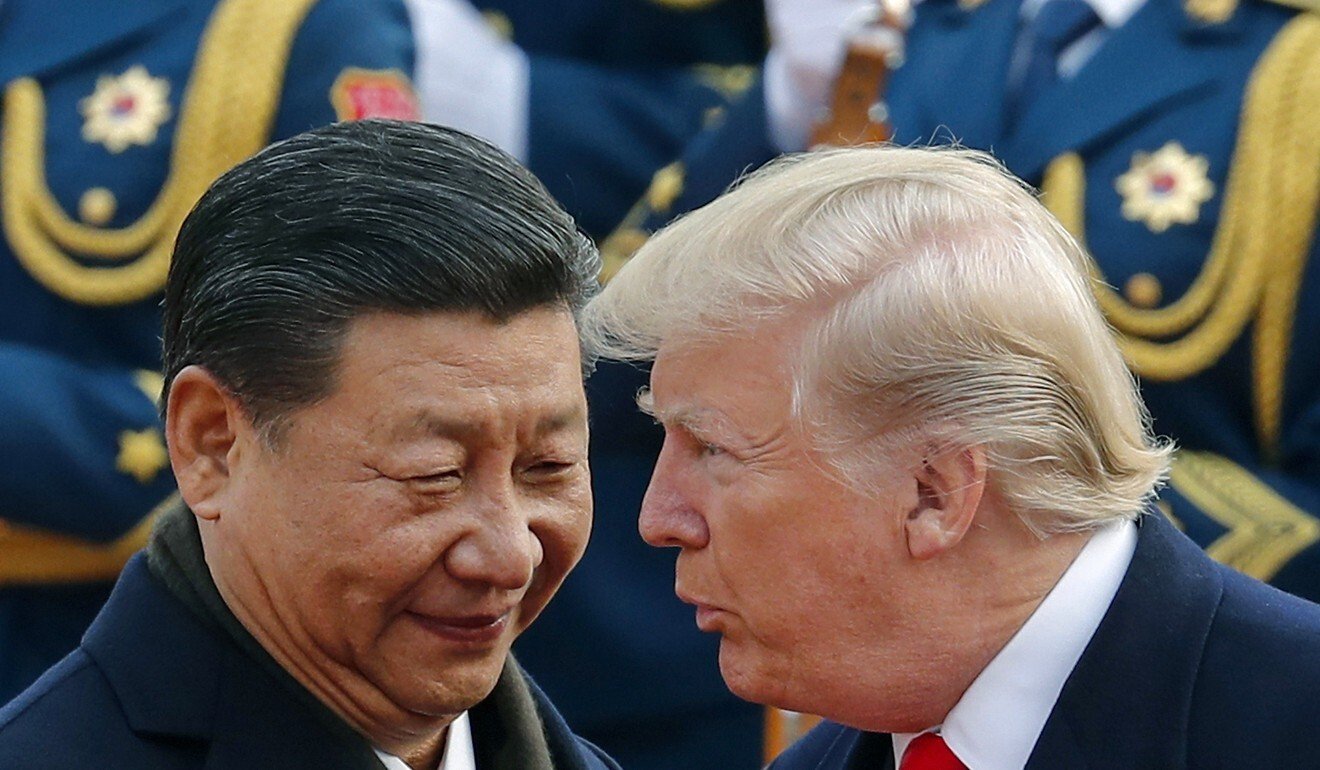Analysts say she is waiting for Beijing to move first, pointing to the rocky state of affairs between the two nations.
Hong Kong’s leader has yet to comment on the results of the US presidential election in stark contrast to the quick acknowledgement of the victor four years ago, but analysts say the delay is expected given the dismal state of US-China relations and Donald Trump’s warning he will challenge the results in court.
In the previous election in 2016, Trump also lost the popular vote but defeated Democratic Party candidate Hillary Clinton by clinching 304 electoral college votes to her 227. She soon congratulated him, as did various world leaders, including President Xi Jinping.
Xi told Trump in a phone call he looked forward to working with the US administration “to uphold the principles of non-conflict, non-confrontation, mutual respect and win-win cooperation”, CCTV reported at the time.

An hour after Xi’s message, then Hong Kong chief executive Leung Chun-ying issued a statement congratulating the new leader.
“The Hong Kong Special Administrative Region government looks forward to further deepening our links with the US,” he said.
Leung pointed to Hong Kong’s free market and sound legal system as providing “a solid foundation” for American enterprises to explore new opportunities in mainland markets.
But in the intervening four years the Republican administration has launched a trade war against China and clashed with Beijing on a range of issues including the use of 5G technology and anti-government protests in Hong Kong.
Trump also unleashed a barrage of sanctions against Chinese and Hong Kong officials and stopped recognising the financial hub as a customs territory separate from mainland China in response to a perceived erosion of freedoms.
Despite Joe Biden surpassing the 270 electoral college votes needed to secure the presidency and announcing victory on Saturday night US time, Trump has yet to concede defeat, insisting the Democrats “stole” the election and vowing to fight the result in court.
It was only on Monday afternoon that China’s foreign ministry spokesman Wang Wenbin said he “noticed Biden has declared election victory”.
“We understand that the US presidential election result will be determined following US law and procedures,” he said, in response to a question on why Beijing had not congratulated Biden.
Analysts said it was only natural Chief Executive Carrie Lam Cheng Yuet-ngor remained silent as well to avoid potential discrepancies with Beijing’s line amid the new lows of US-China relations.
“It’s not just China, the Russian leader also has yet to comment,” said international relations watcher Derek Yuen Mi-chang, formerly a lecturer at the University of Hong Kong. “I think these countries want to wait and see. It would be a big mistake if Lam said anything before Xi. I think he will congratulate Biden eventually but only when things start to calm down.”
Opposition lawmaker Wu Chi-wai, chairman of the Democratic Party, argued that Lam’s silence showed she was leading a “lame duck” government.
“[Her non-response] reflects the city’s further diminishing autonomy in maintaining ties with the US,” Wu said.
Kenneth Chan Ka-lok, an associate professor at Baptist University’s government and international studies department, suggested Hong Kong officials should at least give assurances to the public and American businesses in the city that decades of close economic and trade ties with Washington would continue.
“Making such statements absolutely falls within Hong Kong’s autonomy and is crucial in maintaining the city’s role as an international financial hub,” Chan said.
But Yuen disagreed. “It has nothing to do with Hong Kong’s autonomy. Such statements would still be counted as foreign affairs, and it would be a fatal error if the Hong Kong government ignored that rule,” he said.
Under Article 13 of the Basic Law, the city’s mini-constitution, the central government is responsible for foreign affairs relating to Hong Kong.















